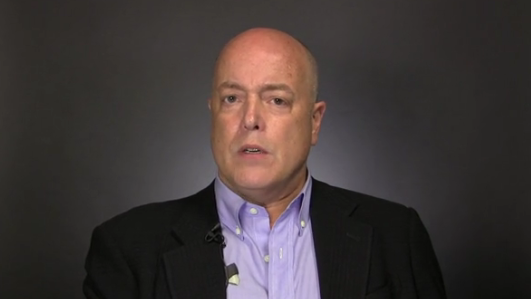
The New York Post lauded Stephen Jimenez as a fearless, dogged, and truth-telling reporter, ignoring the numerous substantive flaws in his new book claiming that Matthew Shepard's 1998 murder wasn't an anti-gay crime but the result of a meth deal gone awry.
In her October 28 column, the Post's Andrea Peyser effectively acted as Jimenez's stenographer, fawning over “the most dangerous journalist on earth” whose critics are irrational “protectors of Matthew Inc.” Jimenez is so heroic, Peyser would have her readers believe, that he may well end up saving lives as a result of his book (emphasis added):
Stephen Jimenez didn't set out to be the most dangerous journalist on earth.
Or, more to the point, the most dangerous gay journalist.
But Jimenez unearthed a story that few people wanted to hear. And it calls into question everything you think you know about the life and death of one of the leading icons of our age.
Matthew Shepard, college student. Killed, at 21, for being gay.
Or was he?
Jimenez's “The Book of Matt: Hidden Truths About the Murder of Matthew Shepard,” out last month, challenges every cultural myth surrounding Shepard's short life and unspeakable death. After some 13 years of digging, including interviews with more than 100 sources, including Shepard's killers, Jimenez makes a radioactive suggestion:
The grisly murder, 15 years ago this month, was no hate crime.
Shepard's tragic and untimely demise may not have been fueled by his sexual orientation, but by drugs. For Shepard had likely agreed to trade methamphetamines for sex. And it killed him.
Heresy.
Why dredge this up now? Jimenez's answer surprised me.
“As a gay man,” he said, “I felt it was a moral thing to do.”
[...]
Activists, journalists, politicians and filmmakers who, with the best of intentions, based careers on Shepard's murder are furious. But Jimenez insists he's willing to trade Shepard's irreproachable image for a serious talk about drugs. Meth, he said, is haunting the gay scene, bringing with it a plague of ultra-violence, new HIV infection -- and gay-bashing.
If this book saves one life, it's worth it.
[...]
I find it offensive that a gay journalist should be held to a different standard than a straight one. But Jimenez's every word has been vetted by protectors of Matthew Inc. to determine his agenda. Is he a traitor to the cause?
Jimenez is not the enemy. He's just a man who told an uncomfortable truth, as he saw it.
He should be proud.
Peyser shows no signs of having read either Jimenez's book or criticisms of it. Had she done so, she might have prodded him about his use of questionable or anonymous sources, his lazy efforts to write off glaring evidence of killer Aaron McKinney's homophobia, and the fact that attorneys and investigators involved in the Shepard case dispute Jimenez's theories.
And if Jimenez is such a hero to the gay movement, why did he choose to promote his book on the radio program of one of the country's most notoriously homophobic talk show hosts? Peyser doesn't ask.
While her uncritical reporting on Jimenez's book is a disservice to the Post's readers, Peyser's column is useful in at least one respect; it perfectly illustrates how The Book of Matt has been more about boosting Jimenez's public profile and stoking his self-image rather than providing a solid, fact-based account of Shepard's murder.